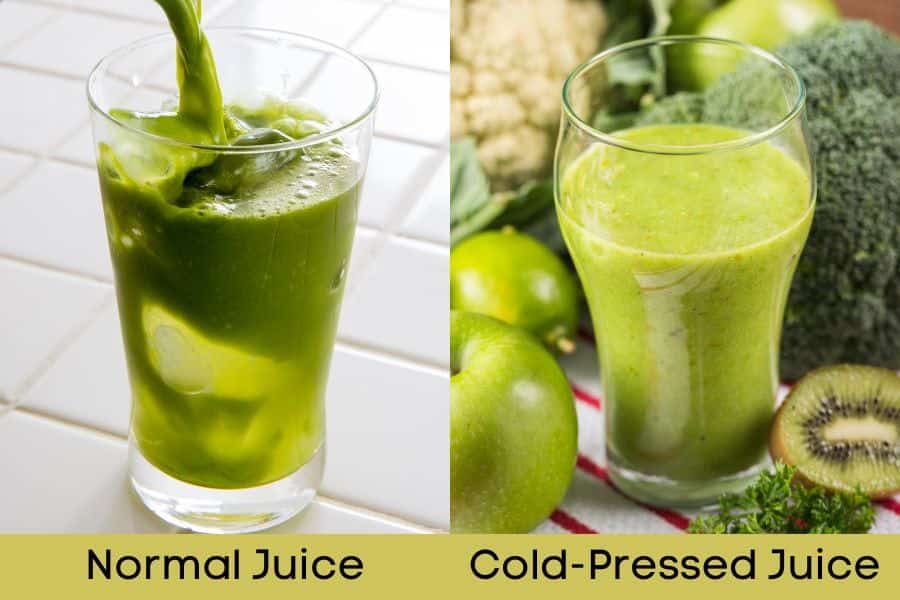Dehydration, a common yet often neglected condition, arises when the body loses more fluids than it takes in, leading to an array of uncomfortable symptoms like fatigue, dizziness, and dry skin. While drinking water is the most straightforward solution, it’s not the only way to rehydrate. The role of diet in managing and preventing becoming dehydrated is crucial and often overlooked. This article delves into a variety of foods & drinks that are not only refreshing but also effective in combating dehydration, offering more ways to keep your body well-hydrated and healthy.
Contents
Understanding Hydration

Hydration is about maintaining a balance of fluids in the body, which is essential for every bodily function. While water is the cornerstone of staying hydrated, relying solely on it overlooks the body’s need for electrolytes – minerals like sodium, potassium, and magnesium, crucial for fluid balance and nerve function. Dehydration isn’t just about losing water; it’s also about an imbalance of these vital electrolytes. Hence, rehydrating effectively often requires more than just water; it involves a combination of fluids and foods that replenish both water and electrolytes.
Furthermore, the importance of hydration extends beyond quenching thirst. Adequate hydration impacts everything from cognitive function to physical performance. Even mild dehydration can impair mood, memory, and motor coordination. Therefore, understanding the broader spectrum of hydration is key. It’s not just about how much you drink but also what you consume. This understanding paves the way for exploring various hydrating foods and drinks offering additional nutritional benefits, making hydration more enjoyable and effective.
Water-Rich Fruits
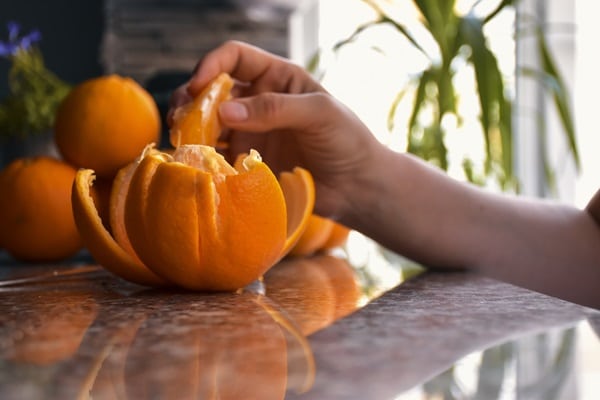
Fruits are nature’s answer to delicious hydration, with many boasting a high water content. Take watermelon, for instance, which is over 90% water. This makes it an excellent choice for hydrating, plus it’s packed with essential hydration helpers like potassium. Similarly, strawberries and oranges are not only juicy and refreshing but also contribute significantly to your daily water intake. These fruits, along with their hydrating properties, bring a host of vitamins and antioxidants, supporting overall health.
Incorporating these water-rich fruits into your diet is both easy and enjoyable. Start your day with a fruit salad featuring watermelon, strawberries, and oranges for a hydrating breakfast. Alternatively, blend them into smoothies or use them as hydrating snacks throughout the day. The natural sweetness and the nutrients they provide make these fruits a dual-action choice: combating dehydration while offering a delightful taste. Remember, staying hydrated doesn’t have to be a bland experience; it can be as flavorful and varied as nature’s own produce.
Vegetables High In Water Content
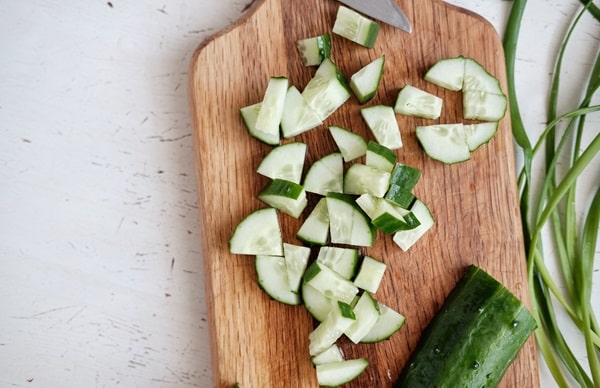
Vegetables are often overshadowed in discussions about hydration, yet they are powerhouse sources of water and nutrients. Cucumbers, for example, have a water content of about 95%, making them an excellent hydrating food. They’re not only perfect for adding crunch to salads but also for infusing water with a refreshing taste. Lettuce, often the base of salads, is another high-water-content vegetable, ensuring that even a simple salad can significantly contribute to your hydration levels.
Celery is another hydrating hero, with a high water content and a crunch that’s both satisfying and replenishing. It’s a versatile vegetable that can be enjoyed raw as a snack, juiced for a hydrating drink, or added to soups and stews. With their high water content, these vegetables are not just about hydration; they also provide essential vitamins and minerals. Including a variety of these vegetables in your meals not only aids in keeping you hydrated but also supports overall health with their nutrient-rich profiles.
Hydrating Beverages Beyond Water
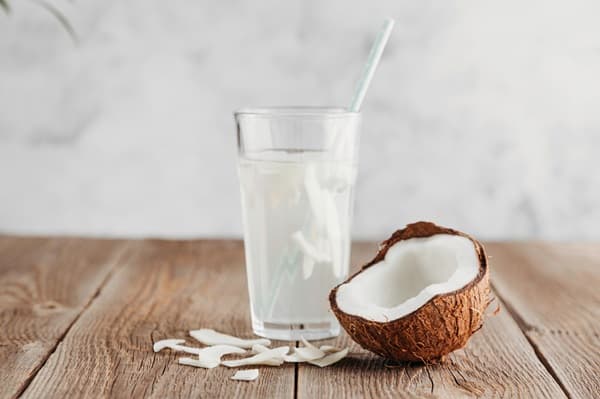
While water is the most direct way to hydrate, it’s not the only beverage that can help. Coconut water is a standout choice, often referred to as ‘nature’s sports drink’ due to its high electrolyte content, particularly potassium. It’s a natural and refreshing alternative to commercial sports drinks, minus the added sugars and artificial flavors. Herbal teas, both hot and cold, are another excellent hydration option. They come in a variety of flavors, and being caffeine-free, they promote hydration without the diuretic effects of regular tea or coffee.
For those seeking a more flavorful twist, fruit-infused water is a delightful option. Simply adding slices of fruits like lemons, limes, or berries to water can enhance its taste, encouraging increased consumption. This adds variety to your hydration routine and infuses the water with additional vitamins. These beverages offer a refreshing change from plain water, making the process of staying hydrated more enjoyable and varied. Remember, keeping your body hydrated can be a flavorful journey, one that goes beyond the simplicity of water.
Soups And Broths
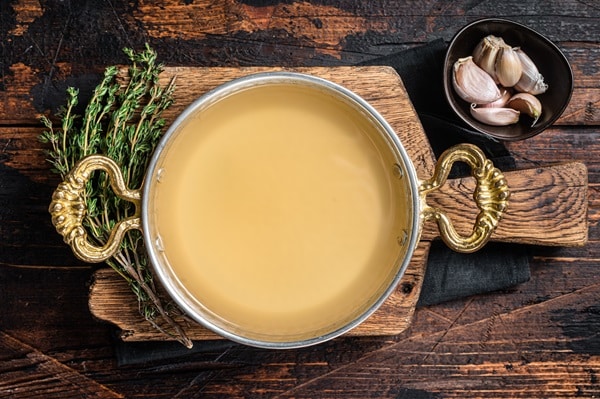
Soups and broths are often overlooked as sources of hydration, yet they are incredibly effective, especially for those who may not enjoy drinking large amounts of water. A warm broth is not only comforting but also provides fluids and electrolytes, making it an ideal choice for hydration. Chicken or vegetable broth, for instance, contains sodium and potassium, which are crucial for maintaining fluid balance. Moreover, soups and broths are easily digestible, making them a suitable option for hydration during illness or recovery.
Incorporating soups into your diet can be both nutritious and hydrating. Vegetable soups, in particular, combine the benefits of high-water-content vegetables with the hydrating properties of broth. Adding ingredients like tomatoes, zucchini, and spinach can enhance the soup’s nutritional profile. For a more substantial meal, consider adding lean proteins or legumes. Not only do soups provide essential hydration, but they also offer a comforting and nourishing meal, especially in colder weather or when you’re feeling under the weather.
Dairy And Dairy Alternatives

Dairy products, such as milk, and their plant-based alternatives can be excellent sources of hydration. Contrary to popular belief, milk has a high water content and also provides essential electrolytes like potassium and sodium. This makes it a hydrating choice, particularly after exercise when these electrolytes need replenishing. Plant-based milks, such as almond or soy milk, while lower in electrolytes, still contribute to overall fluid intake and can be a suitable option for those following a vegan diet or with lactose intolerance.
Including dairy or dairy alternatives in your diet for hydration purposes can be simple and enjoyable. A glass of milk with meals, a smoothie made with almond milk, or a bowl of cereal with soy milk can effectively contribute to your daily fluid intake. These options not only help in maintaining hydration but also provide other essential nutrients like calcium and vitamin D. It’s important to choose versions with low added sugars to maximize the health benefits while staying hydrated.
The Role Of Electrolyte-Rich Foods
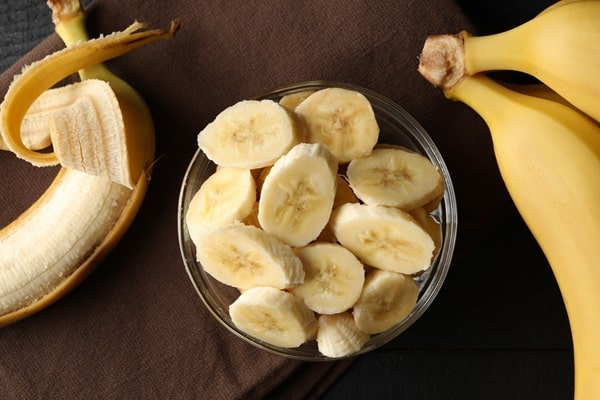
Electrolyte-rich foods play a crucial role in hydration, especially in replenishing the body’s stores of essential minerals lost through sweat. Foods like bananas, yogurt, and nuts are not only nutritious but also high in electrolytes like potassium, calcium, and magnesium. These nutrients are vital for maintaining fluid balance and proper muscle function. Including these foods in your diet can help prevent the symptoms of dehydration and electrolyte imbalance, such as muscle cramps and fatigue.
Incorporating these foods into your daily routine can be both easy and beneficial. A banana or a handful of nuts can be a quick and effective snack to boost your electrolyte levels. Yogurt, especially Greek yogurt, can be enjoyed as part of breakfast or as a healthy snack, providing both hydration and probiotic benefits. These foods offer a dual advantage – they contribute to your daily fluid intake and provide essential nutrients that support overall health and well-being.
Avoiding Dehydration Traps

While focusing on hydrating foods and drinks, it’s equally important to be aware of those that can exacerbate dehydration. Beverages like alcohol and caffeine can have diuretic effects, leading to increased fluid loss. Similarly, foods high in sodium, such as processed snacks, can contribute to dehydration by causing the body to expel more water. Being mindful of these dehydration traps is crucial in maintaining optimal hydration levels.
To mitigate the effects of these dehydrating foods and drinks, moderation is key. Opting for water or hydrating beverages over alcoholic or caffeinated drinks can make a significant difference. When it comes to food, choosing fresh, whole foods over processed ones can help reduce sodium intake. It’s about making informed choices that support your body’s hydration needs while still enjoying a variety of foods and drinks. Remember, staying hydrated is a balance – it’s not just about what you add to your diet but also what you limit.
Stay Hydrated, Stay Healthy
Effectively combating dehydration extends beyond just drinking water; it involves a diverse diet rich in hydrating foods and drinks. From water-rich fruits and vegetables to flavorful broths and electrolyte-packed snacks, the options are plentiful and varied. Embrace these choices to keep your body well-hydrated and functioning at its best. Remember, every sip and bite counts towards your hydration, so choose wisely and enjoy the journey to a healthier, more hydrated you.
